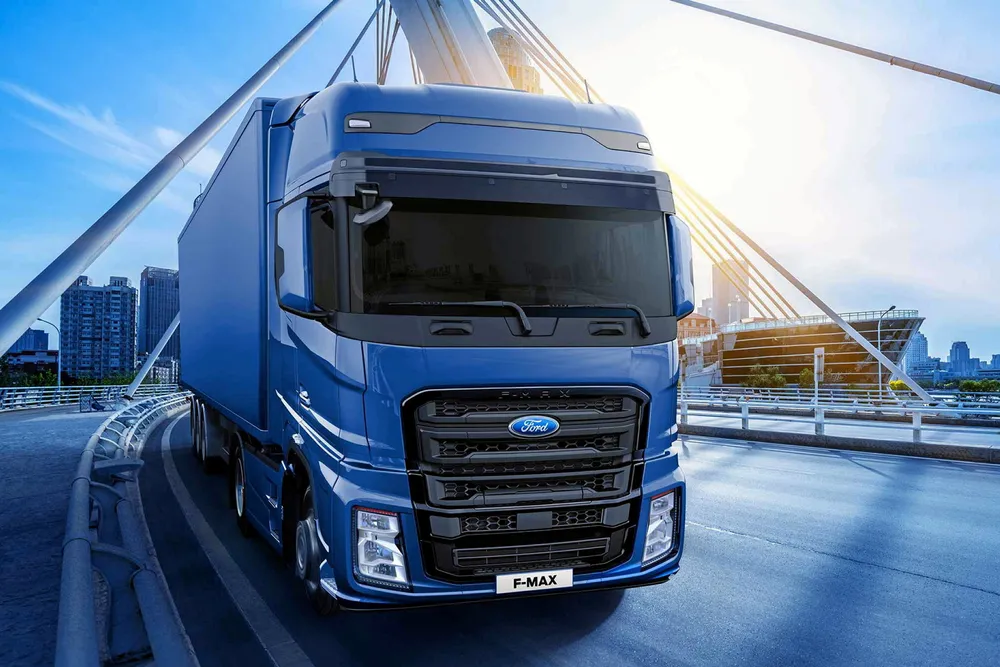Ford to develop its first hydrogen semi truck, targeted at Europe
FCEV F-Max vehicles will be made in Turkey and trialled in the EU in 2025 as part of a Horizon Europe-funded project

FCEV F-Max vehicles will be made in Turkey and trialled in the EU in 2025 as part of a Horizon Europe-funded project
